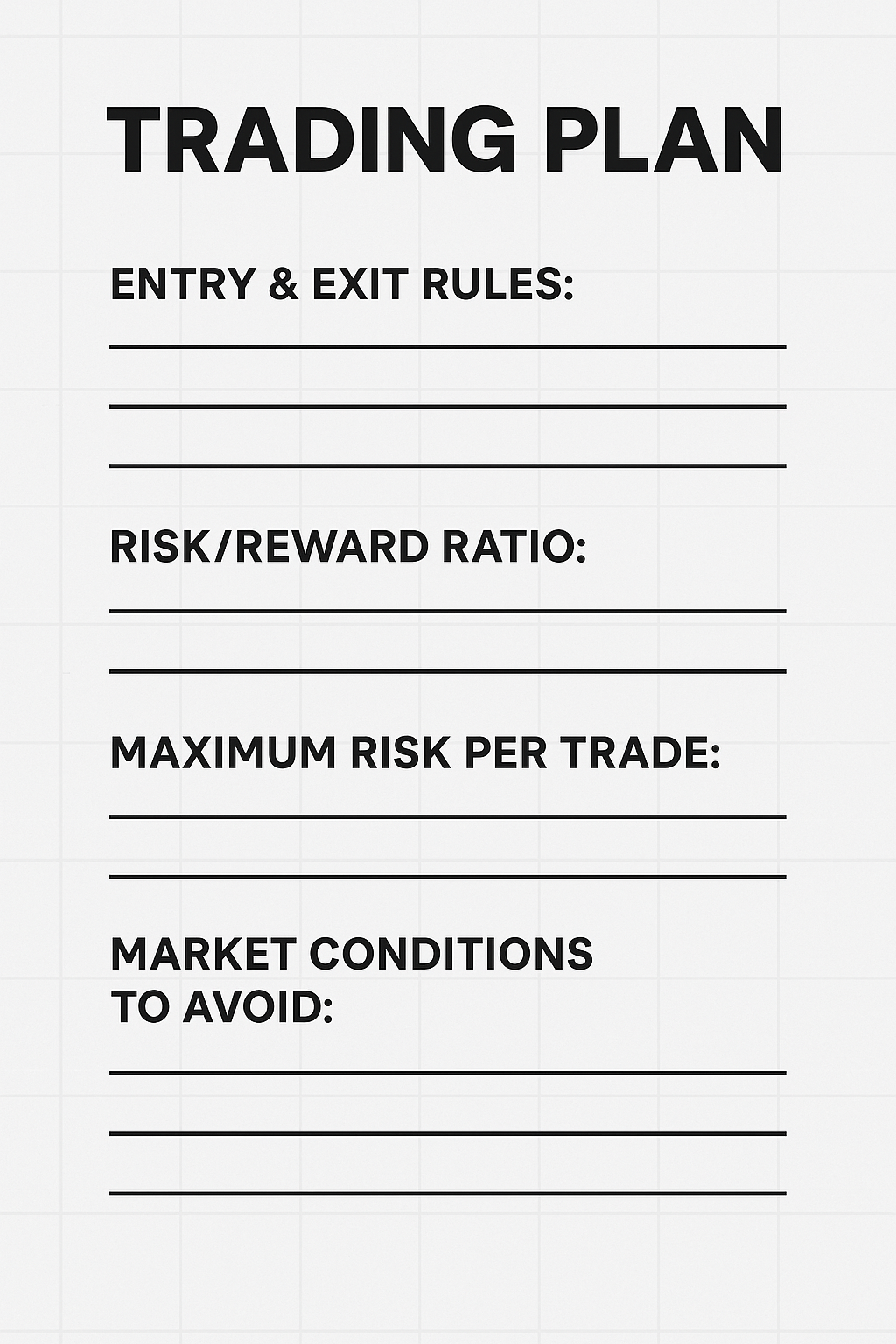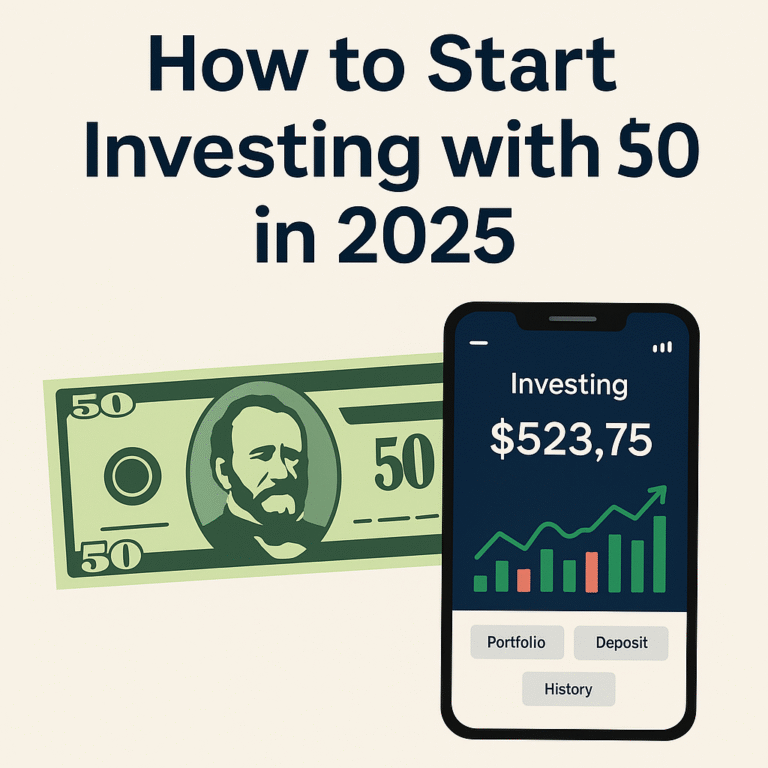Why Most Forex Beginners Fail to Make Profit Due to Poor Risk Management
Poor risk management is one of the main reasons why most forex beginners fail to make profit. Many new traders focus only on strategies and signals but ignore how much money they risk per trade. Without proper risk control, even a few bad trades can quickly drain your account and end your trading journey.
why most forex beginners fail to make profit
Many new forex traders enter the market hoping for quick profits, but end up facing disappointment and losses. So, why do most forex beginners fail to make profit? This post explains the common mistakes that lead to failure and how beginners can avoid them.
No Trading Plan
One of the biggest reasons why most forex beginners fail to make profit is trading without a clear plan. A trading plan is like a roadmap—it tells you when to enter and exit trades, how much to risk, and which setups to follow. Without it, beginners make random decisions based on emotions, news, or rumors.

When you don’t have a plan:
- You chase the market.
- You overtrade without clear setups.
- You panic during drawdowns.
Example: A beginner sees the EUR/USD pair moving fast and jumps in without analyzing support and resistance. The price reverses, and they lose the trade.
💡 A solid trading plan includes:
- Entry & exit rules
- Risk/reward ratio
- Maximum risk per trade
- Market conditions to avoid
✅ Pro Tip: Backtest your plan on a demo account before going live. Only trade when your plan gives a signal—not your gut
Using Too Much Leverage
Another key reason why most forex beginners fail to make profit is using excessive leverage. Forex trading allows high leverage—sometimes up to 1:1000—but many beginners don’t understand how risky that is. Leverage can multiply your gains, but it also multiplies your losses.
When you use too much leverage:
- Small price movements can wipe out your entire balance.
- Emotional decisions lead to bigger losses.
- One bad trade can end your trading journey.
Example: A trader with $100 uses 1:500 leverage and opens a large trade. The market moves against them by just 20 pips—they lose most of their account instantly.
✅ Pro Tip: Beginners should stick to low leverage like 1:10 or 1:20. Focus on learning and protecting capital, not chasing big wins.
🎯 Risk control is more important than fast profits in forex.
Poor Risk Management
Poor risk management is one of the main reasons why most forex beginners fail to make profit. Even if you have a good strategy, risking too much per trade can quickly destroy your account. Successful traders always manage risk before thinking about profits.
When beginners ignore risk management:
- They risk large amounts on single trades.
- They don’t use stop-loss orders.
- They hold onto losing trades, hoping they recover.
Example: A trader has $200 and risks $50 on one trade. Just four losses in a row will wipe out their account. A better approach would be risking only 1–2% per trade, which gives more chances to learn and grow.
✅ Pro Tip: Never risk more than 2% of your trading capital on a single trade. Use stop-loss levels to protect yourself.
🧠 Consistent risk control helps you survive long enough to become profitable.
Example: If you have $100 and risk $20 per trade, you could lose everything after just five bad trades.
Trading Too Often
Overtrading is a common problem. Beginners often open many trades without good setups. This leads to quick losses.
Solution: Focus on one or two currency pairs and wait for strong trade signals.
Not Learning Enough
Some traders skip learning and start trading live too soon. They don’t understand indicators or strategies properly.
Advice: Use a demo account first and learn from free sources like BabyPips.com.
Trading with Emotions
Fear and greed cause traders to make bad decisions. Revenge trading after a loss also leads to more losses.
Tip: Stay calm and stick to your plan. Avoid trading when you’re angry or stressed.
Unrealistic Expectations
Many beginners think they can get rich quickly. This mindset leads to risky behavior and poor decisions.
Reality: Forex trading takes time, patience, and practice to succeed.
Final Thoughts
Most beginners fail in forex because they make emotional decisions, use too much leverage, and don’t have a proper plan. By learning the basics, practicing, and managing risk, beginners can increase their chances of success.
External Resources
FAQs
Q: How much do beginners usually lose in forex?
A: Many lose their full first deposit, often between $100–$500.
Q: How long to become profitable in forex?
A: It can take 6–12 months of regular learning and practice.
Q: Can I learn forex for free?
A: Yes. Websites like BabyPips and Investopedia offer free guides.
conclusion
Most forex beginners don’t fail because they lack talent—they fail because they skip the basics. Trading without a plan, using too much leverage, poor risk control, emotional decisions, and rushing the process all lead to unnecessary losses.
If you truly want to succeed in forex trading in 2025, remember:
- 📌 Have a plan and follow it.
- 📉 Manage your risk — never risk more than 1–2% per trade.
- 🧠 Stay emotionally balanced — no trading when angry or chasing losses.
- 📚 Keep learning — use trusted sources like BabyPips and Investopedia.
💡 Success in forex takes time. Be patient, protect your capital, and focus on improving little by little.
“It’s not about how much you make—it’s about how much you don’t lose.






